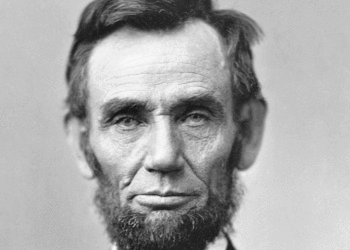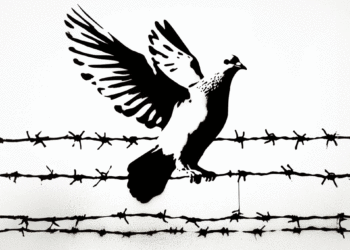Amid the furor over federal health care reform, we should know that providing medical care for all is esteemed in Jewish tradition
By RABBI ALEXANDER DAVIS
Wading through the details and the spin of current heath care debates leaves my head confused and my heart heavy — “confused” because reforming the current system is such an enormous, complicated undertaking, “heavy” because I am worried that our nation cannot muster the political will to truly reform a system severely in need of its own refua shleima, healing.
As Jews, we take solace in understanding that today’s health care issues are not new. For centuries, Jews have been well represented and well regarded in the medical field. Not surprisingly, therefore, for centuries Jews have pondered a community’s obligation to provide medical care.
It is well known that the mitzva of saving life, known as pikuach nefesh, takes precedence over almost all other mitzvot. Moreover, medical care was considered so critical, Talmudic sages ruled that a city without a doctor was unfit for Jews to dwell in. Indeed, not only did the Torah “grant permission to heal,” doctors were commanded to treat the sick and the sick were obligated to seek treatment.
In Talmudic times, medicine was considered a service that should be provided free of charge or with a voluntary payment. The Talmud tells of Abba “the bleeder,” who placed a box outside his office where fees were deposited. Whoever had money put it in. Those who had none could receive treatment without feeling embarrassed. Since we are not about to return to the practice of bloodletting, we probably shouldn’t expect to return to free medical services either.
By the medieval era, medical payments had become commonplace. But who should pay? An employer, employee, the government? The 16th-century community of Cracow, Poland crafted what in today’s jargon might be called an employer’s self-insured plan, with “first dollar” coverage benefits and a “stop-loss” provision (at least that is what my finance director tells me): “Regarding a domestic who became ill, the employer is required to pay the costs of hospitalization up to a period of two weeks. If she requires further treatment, the costs are to be shared equally between the employer and the employee for a fortnight. After that, all the costs are to be borne by the communal charitable funds.”
In our own day, the commitment to providing health care to society’s most vulnerable has not been diminished. Meir Tamari, a modern business ethicist and author of With All Your Possessions: Jewish Ethics and Economic Life, writes: “Halachically, a Jewish community… cannot escape its obligation to provide for the medical needs of the poor, even if it so desires.”
As interesting and inspiring as these and other teachings are, it is painfully obvious that they are not dealing with millions of uninsured or with a multi-billion dollar medical and insurance industry. Medieval ordinances were legislated for small towns and pre-modern medicine. But while we may not be able to extrapolate specific policy recommendations from them, we can glean general value concepts.
Throughout the ages and lands, Jewish communities made health care a top priority, one which they were willing to publicly finance.
Clearly, they strove to uphold Maimonides physician’s prayer: “Do not allow thirst for profit, ambition for renown and admiration, to interfere with my profession, for these are the enemies of truth… Preserve the strength of my body and of my soul that they ever be ready to cheerfully help and support rich and poor, good and bad, enemy as well as friend.” There is no clearer statement of Jewish medical ethics than this.
I am unsure which reforms makes the most economic or medical sense, so I am not advocating a particular party platform. But Jewish teachings do clarify our obligations and our aspirations.
Traditionally, Jews pray three times a day for healing. We pray that all who are sick be granted refua shleima, a complete healing of body and soul (i.e., physical and mental health). In light of our nation’s current debate, the prayer is quite poignant. Refua shleima refers not just to an individual’s isolated illness. For our healing to be shaleim, complete, it must be universal and comprehensive; it must include all those in need of healing and meet all their healing needs.
God is a Healer, One who offers truly universal coverage. But just as doctors are God’s agents in the act of healing, so too must humans be agents working to improve our health care system to realize our ultimate prayers for refua shleima.
***
Alexander Davis is the senior rabbi of Beth El Synagogue in St. Louis Park.
(American Jewish World, 8.21.09)





















Comments 0